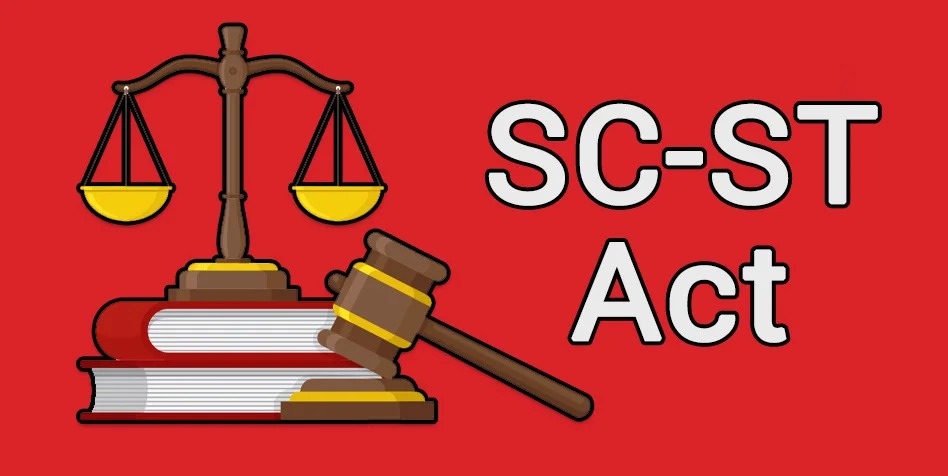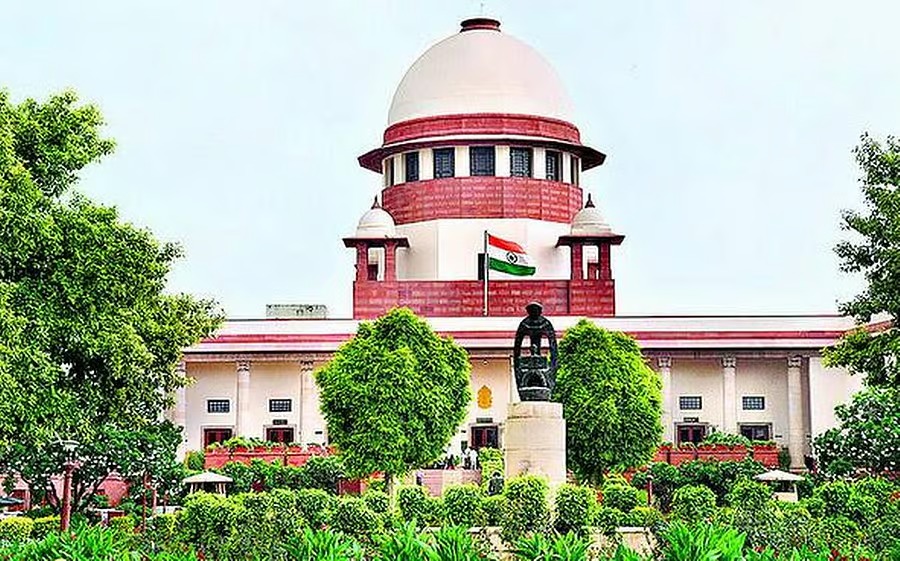Heard Mr. Binod Kumar, learned counsel for the petitioner and Mr. Uma Shankar Verma, learned CGC for the Union of India through virtual Court
proceedings.
In the present application preferred under Article 226 & 227 of the Constitution of India, the petitioner has prayed to set aside the order dated
01.11.2017 passed by the learned Additional Sessions Judge-III, Khagaria in Special Case No.18 of 2016, arising out of Khagaria P.S. Case
No.698/2016, whereby the petitioner's petition for release of his motorcycle bearing registration No.BR 34 K 1834 seized in the aforesaid case, has
been rejected saying that the final order is to be passed at the time of passing of judgment.
The aforesaid N.D.P.S. case was registered on the basis of self statement of the informant under Section 8/20(b) (ii) A of the Narcotic Drugs and
Psychotropic Substances Act, 1985 (hereinafter in short referred to as the 'N.D.P.S. Act') stating therein that while he was on duty for maintaining
law and order, on seeing the police one person tried to flee away by his motorcycle, on chase, he was stopped and on search 175 gms. Ganja was
recovered from his possession.
Learned counsel for the petitioner submitted that the petitioner is quite innocent and has committed no offence as alleged in the first information
report. It is further submitted that after perusal of the seizure list, it appears that P.S. case number is mentioned on it and as such it falsified the
prosecution story. After lapse of more than 2 years trial is not concluded. It is also submitted that the petitioner’s motorcycle is lying in open sky
and its condition is deteriorating day to day.
Learned counsel for the petitioner has submitted that the petitioner is the owner of the motorcycle in question. He has filed a petition for release of the
motorcycle but the learned Court below without taking into consideration of the law laid down by the Supreme Court in the case of Sunderbhai
Ambalal Desai Vs. State of Gujarat reported in (2002) 10 SCC 29 0and in the case of General Insurance Council and others Vs. State of Andhra
Pradesh and others reported in (2010) 6 SCC 768 rejected the petition vide order dated 01.11.2017 saying that the final order is to be passed at the
time of passing of the judgment. He has submitted that if his motorcycle is not released, the same would become junk, as it is lying in open space in the
police station.
Mr. Uma Shankar Verma, learned CGC fairly conceded that in view of the ratio laid down by the Supreme Court in Sunderbhai Ambalal Desai
(supra) and General Insurance Council and others (supra), the learned Court below ought to have released the vehicle in question in favour of the
petitioner. However, he has submitted that while releasing the motorcycle the Court must impose stringent condition so that the petitioner may not
alienate the same and produce it as and when required by the Court.
I have heard learned counsel for the parties at length and carefully perused the record.
The horrifying situation of the case property such as vehicles, machines etc. found lying in police station premises and Court premises and ultimately
becoming junk and loosing their value engaged attention of the Supreme Court in Sunderbhai Ambalal Desai (supra). In the aforesaid case, after
examining the scope of Sections 451 and 457 of the Cr.P.C., the Supreme Court held that the powers under Section 451 Cr.P.C. should be exercised
expeditiously and judiciously.
In paragraph 5 and 7 in Sunderbhai Ambalal Desai (supra), the Surpeme Court has held as under:-
“5. Section 451 clearly empower the Court to pass appropriate orders with regard to such property, such as-
(1) for the proper custody pending conclusion of the inquiry or trial;
(2) to order it to be sold or otherwise dispose of, after recording such evidence as it thinks necessary;
(3) If the property is subject to speedy and natural decay to dispose of the same.
….......
…........
7. In our view, the powers under Section 451 Cr.P.C. should be exercised expeditiously and judiciously. It would serve various purposes, namely:-
1. Owner of the article would not suffer because of its remaining unused or by its misappropriation;
2. Court or the police would not be requried to keep the article in safe custody;
3. If the proper panchnama before handing over possession of article is prepared, that can be used in evidence instead of its production before the
Court during the trial. If necessary, evidence could also be recorded describing the nature of the property in detail; and
4. This jurisdiction of the Court to record evidence should be exercised promptly so that there may not be further chance of tampering with the
articles.â€
In paragraph-17 of the said judgment, it has further been held that whatever be the situation, it is of no use to keep seized vehicles at the police station
for a long time.
The provisions prescribed under Sections 451 and 457 Cr.P.C. were once again considered by the Supreme Court in General Insurance Council and
others (supra) and after taking note of the directions given by the Supreme Court in Snderbhai Ambalal Desai (supra), the Supreme Court noticed that
police, investigating as well as prosecuting agency were not taking adequate steps for compliance of the directions, which was resulted in loss of
assets worth several hundred crores and recovered articles were reduced to junk by the time they are released. It also gave further directions in this
regard.
In the opinion of this Court, while considering the application, the learned Court below was bound to follow the statutory provisions contained in
Chapter XXXIV of the Cr.P.C. and the ratio laid down by the Supreme Court in Sunderbhai Ambalal Desai (supra) and General Insurance Council
and others (supra). The non-compliance of the directions of the Supreme Court in the aforesaid decisions is not permissible.
I also see substance in the submissions of the learned counsel for the petitioner that if the motorcycle is not released and kept idle in an open space,
during pendency of the trial, it shall become a piece of scrap.
Keeping in mind the discussions made herein above and the ratio laid down by the Supreme Court in the decisions discussed above, the impugned
order dated 01.11.2017 passed by the learned Additional Sessions Judge-III, Khagaria in Special Case No.18 of 2016 (arising out Khagaria P.S. Case
No.698 of 2016) cannot be sustained. Accordingly, it is set aside.
The Court below is directed to release the motorcycle in favour of the petitioner, subject to the following conditions:-
(i) That the petitioner shall furnish bank guarantee of Rs. 30,000.00 (Rupees Thirty Thousand) to the satisfaction of the Court;
(ii) That the petitioner shall execute a bond for the return of the said vehicle if required by the Court at any point of time;
(iii) That the petitioner shall also give an undertaking on oath that he shall not alter or part with the ownership of the vehicle during pendency of the
trial; and
(iv) While passing the order for release, the Court below shall be at liberty to take any other reasonable sureties from the petitioner to its own
satisfaction.
With these observations and directions, this writ application stands allowed.

